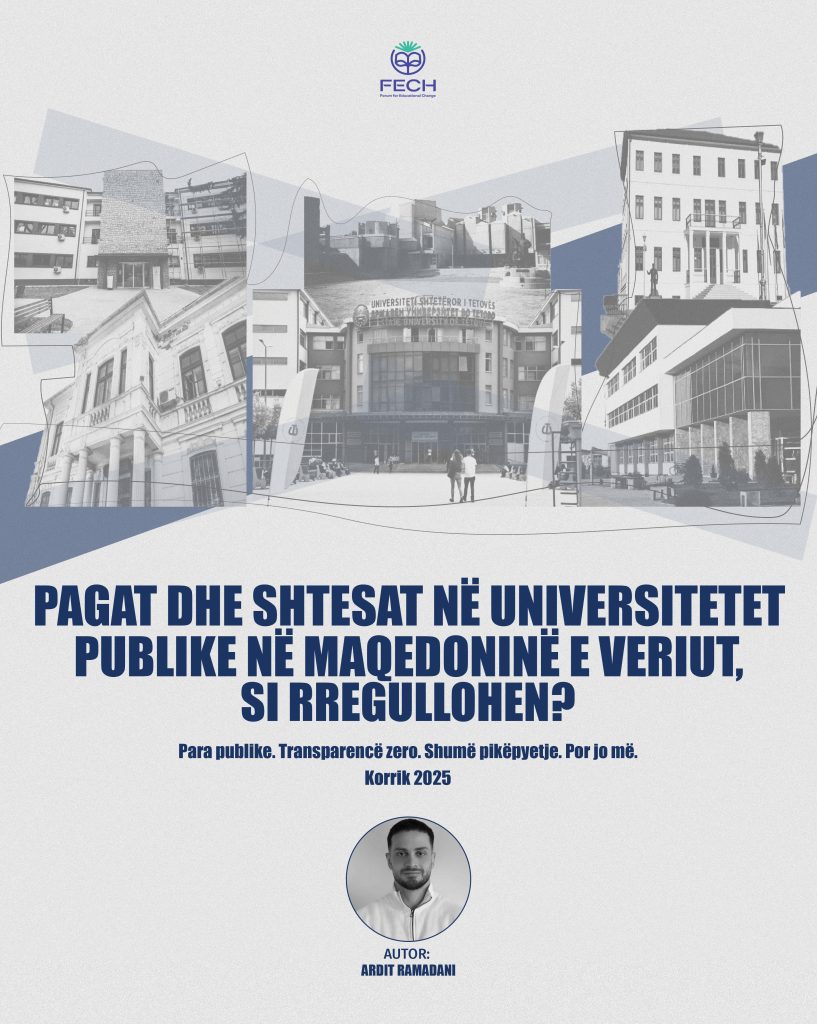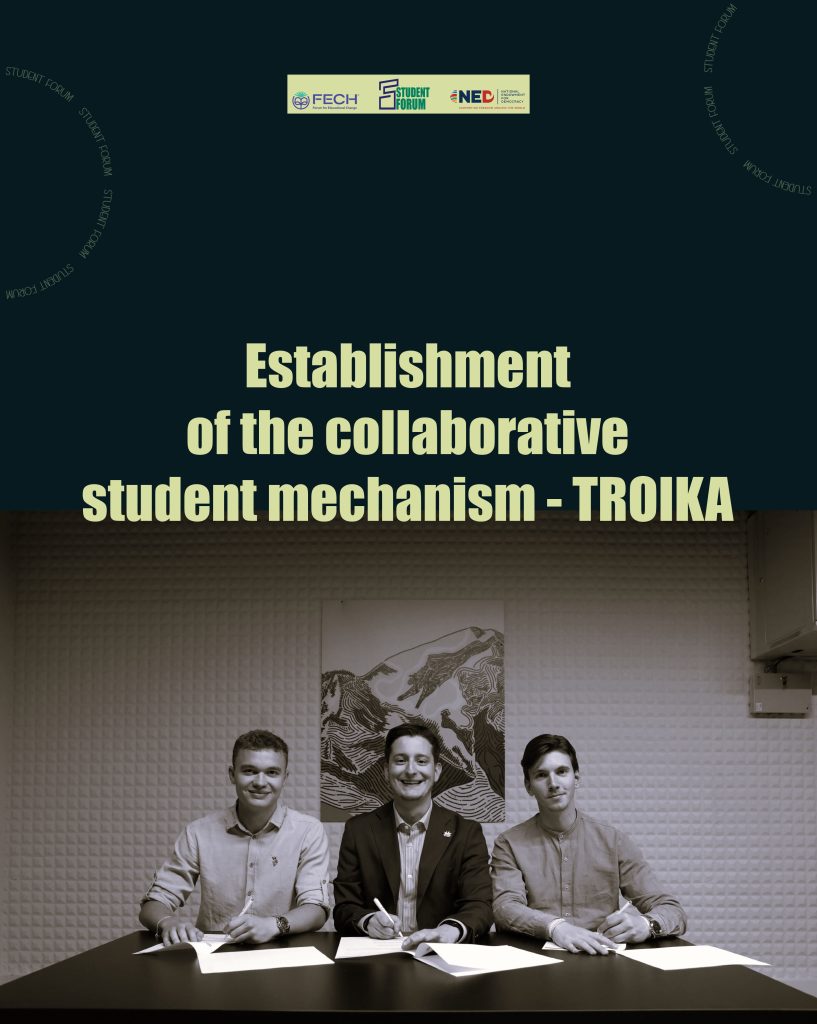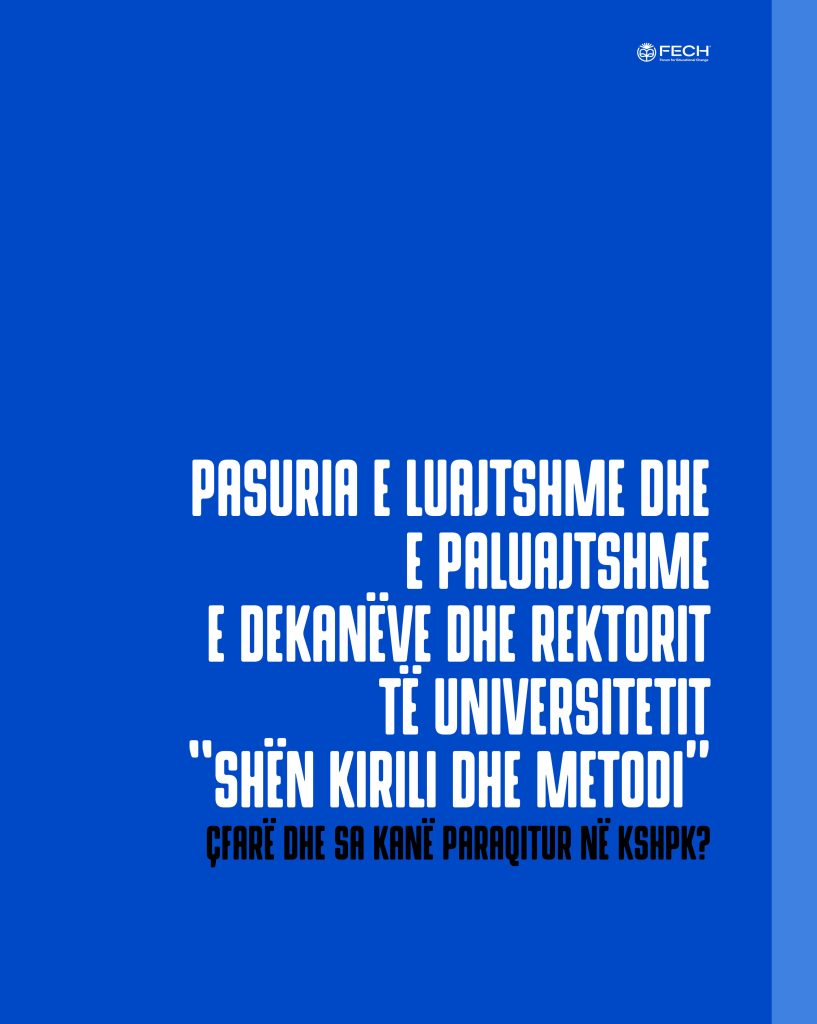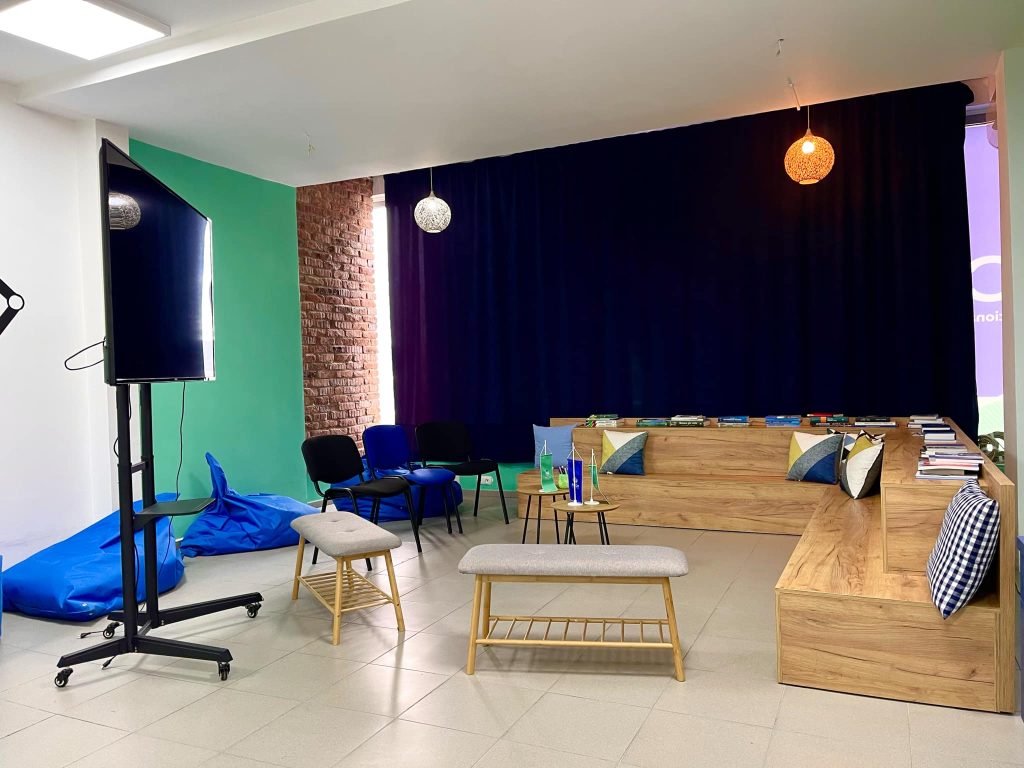The primary purpose of this Student Participation and Well-Being Charter is to understand the most pressing issues that the academic communities in the region face, as well as their trigger points, and propose strategies for overcoming. These issues, however, are rather systemic and do not necessarily depend on particular agents or entities, so our strategy is to address the issues as parts of a whole, not as isolated matters whose overcoming will save us from the mass destruction of higher education. The issues that students face are the same issues that their children will face; the problem here is rather societal, and it is the awareness of the entire society that will finish the story on a positive note. Repetition should no longer be allowed.
The Western Balkans are also particularly lacking in the understanding and treatment of mental health. Students in universities face not only academic challenges but also economic and personal difficulties, which often go without any support. Even when students are willing to ask for help, the deeply embedded stigma means that little to no assistance is sought out. The neglect becomes extraordinarily worse as patterns that suggest a drastic rise in anxiety, depression, and even burnout are treated as personal failures instead of systematic ones. Success in education is often measured by how much is endured instead of how developed the mind is, leading to many students being pushed to their limits with no regard for their mental health.
The most disastrous outcome of all of this is a reduction in the standard of education itself. Universities are burdened by outmoded curricula, insufficient funding, and a culture of academic stagnation rather than encouraging critical thinking and creativity. Research possibilities are limited, professors are overworked, and academic integrity is undermined by corruption in administration and grading. Many graduates feel unprepared for the workforce and are compelled to rely more on their connections than their skills in order to get work. Higher education stops being a means of achieving opportunity in such a system and instead serves as a vehicle for maintaining inequity and discouragement.
To solve these problems, a thorough rethinking of what higher education ought to be is necessary, not just cosmetic changes. Prioritizing student accommodation, integrating mental health services into educational institutions, removing political influence from student governance, and reviving the standard of education through real investments in research and instruction are all necessary. In the absence of these adjustments, the system will keep failing the people it was designed to help, depriving generations of students of their agency, their voice, and the resources they need in order to direct their own lives.
Student Participation and Well-Being Charter






